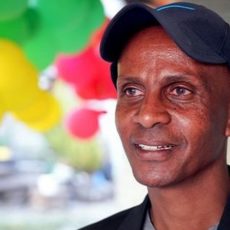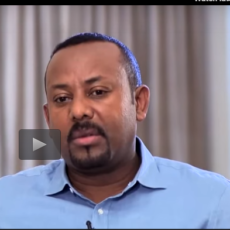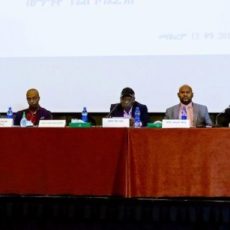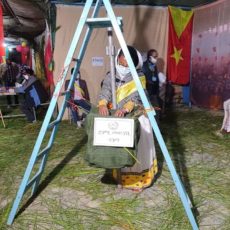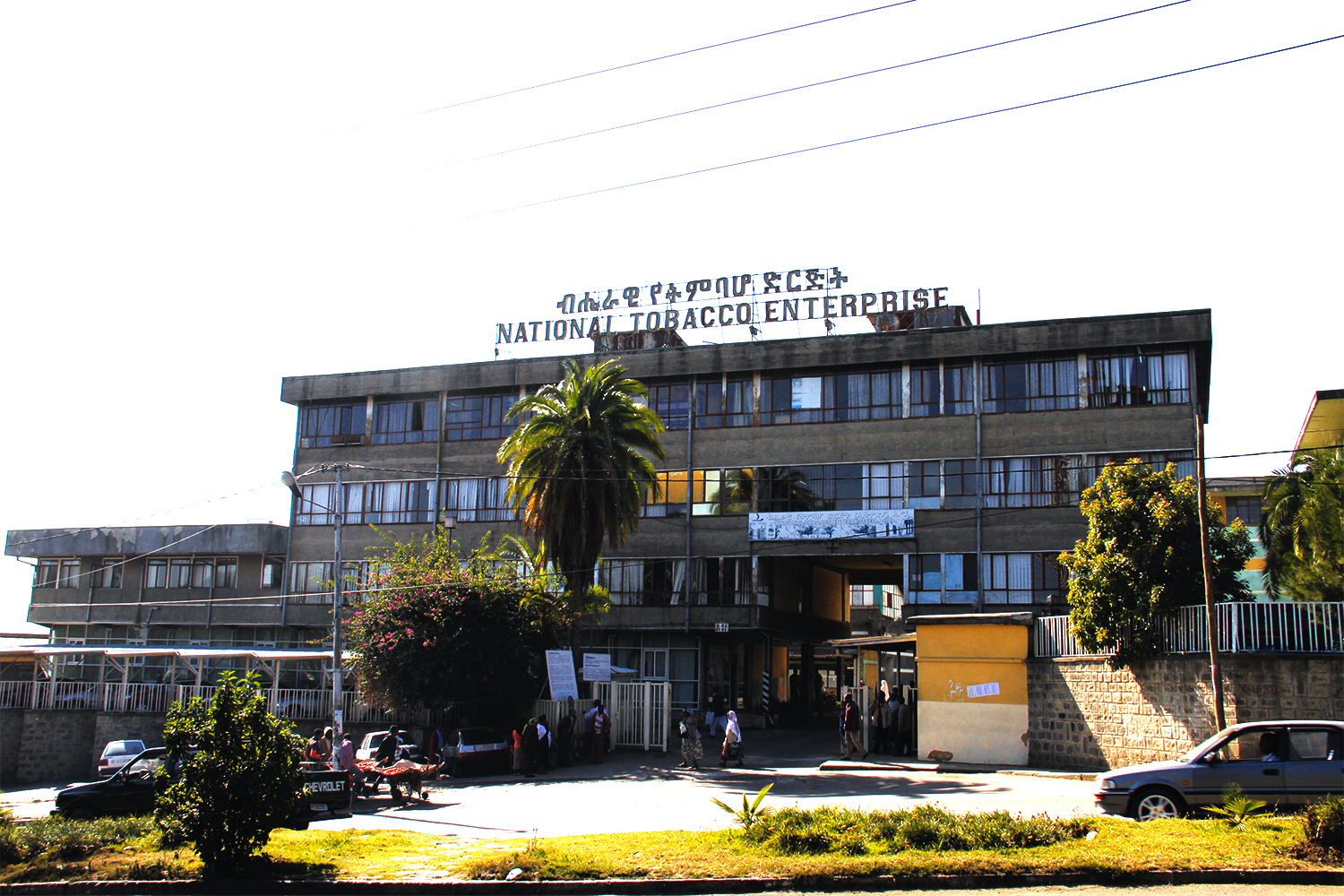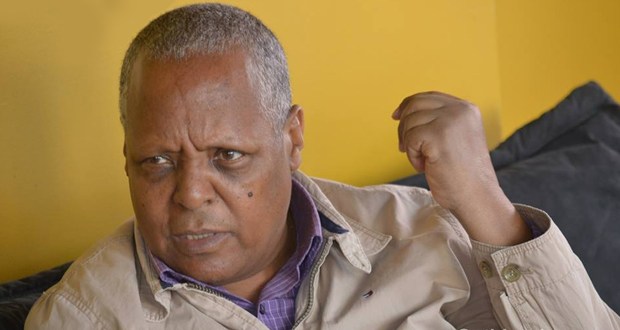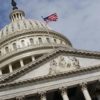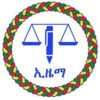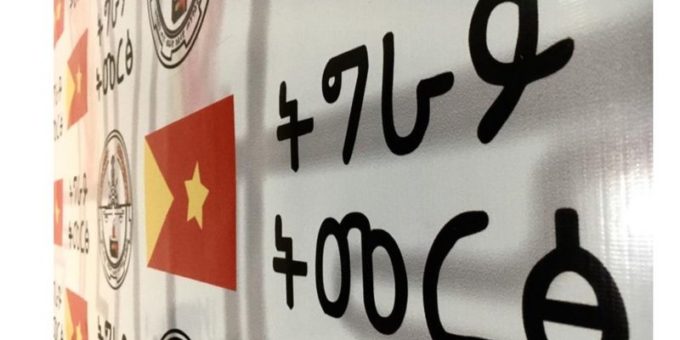
The Ethiopian federal government banned at least 12 people, including four journalists and a senior think tank analyst, at Addis Ababa International airport from flying to Mekele city for covering the controversial elections in the Tigray region. Ethiopian security officials said the region’s elections later this week were illegal. Ethiopian House of Federation, which mediates constitutional disputes, declared on Saturday that plans by the Tigray region to hold an election on September 9 for regional parliament and other positions were unconstitutional, and its subsequent results as “null and void.”
Ethiopia had been due to hold national and regional elections in August but postponed them because of the coronavirus pandemic. According to the house’s resolution, the region’s election scheduled to take place on Wednesday will be considered as if they are not conducted, unjustified and invalid based on Article 9(1) of the constitution.
The Tigray governing party (TPLF) said the vote will go ahead despite pressure from the central government. An estimated three million people may vote in the September 9 Tigray region polls, which the federal government has deemed unconstitutional and has vowed not to recognize.
Several of those barred from flying to Tigray said the action appeared intended to prevent coverage of the election. William Davison, a senior analyst at the International Crisis Group, was also stopped from flying, he said.
The federal government – and major opposition parties – agreed in March to postpone national and regional elections due in August until the COVID-19 pandemic was under control. The federal government has not announced a date for national elections to be held.
Tigray, whose leaders dominated the previous administration and have often bitterly denounced Abiy, announced it would hold elections anyway. Abiy has not specified how he will respond to the polls, although he has ruled out using force. Analysts say the government cut the region’s federal funding, which supplies around half of its budget.
Abiy has overseen sweeping democratic reforms since taking power in Africa’s second most populous nation two years ago.
